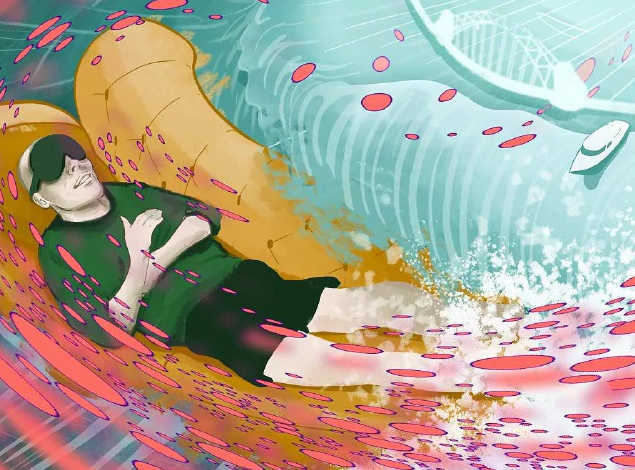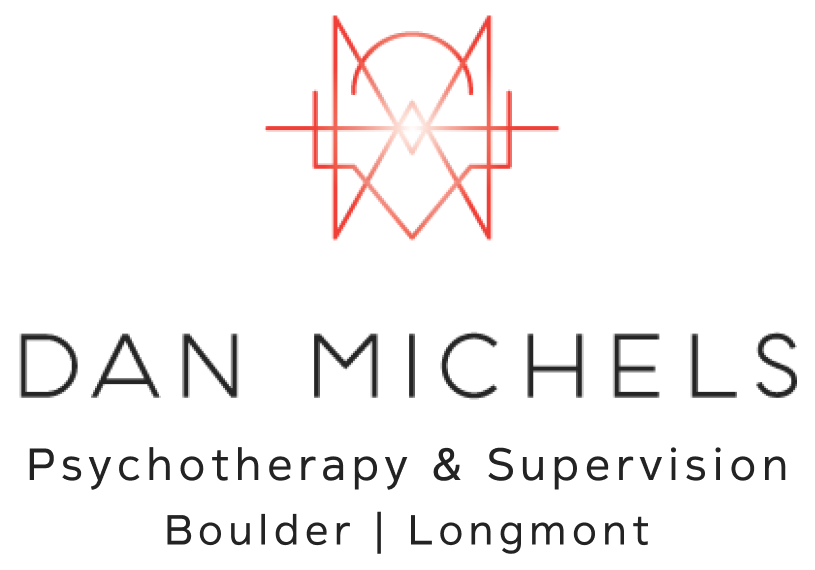In a historic ballot, Colorado has passed proposition 122. After Oregon, Colorado is now the second state in the United States to legalize psychedelic mushrooms. More specifically, the ballot decriminalizes personal possession, growing, transporting, sharing and use (but not the sale of) by individuals 21 and over for dimethyltryptamine (DMT), Ibogaine, mescaline containing cacti (excluding peyote), psilocybin and psilocyn.
Proposition 122 creates more access to tools for treating mental health as well as expanding choices for treatment modalities. Research has shown and continues to show great promise for psychedelic medicines in treating a wide variety of mental health concerns such as depression, anxiety, PTSD and end of life care.
The question that remains to be answered is: What regulations are to come? We’re not sure yet. This measure creates a natural medicine services program under DORA (the Department of Regulatory Agencies) for the supervised administration of these substances at “licensed healing centers.” The terminology is vague. we will have to wait and see how this plays out. What will these healing centers have to look like and what criteria will they have to meet in order to become licensed centers for this work? Does this mean that individual, licensed professional counselors would be able to use these medicines in their own private practices? And what would a certification process look like?

Outside of what regulations are to come, there are a number of conversations that are happening within this renaissance of psychedelic psychotherapy. One such question is the difference between psychedelic tourism and psychedelic maturation. As we are all familiar, to grow older is not synonymous with becoming more mature. There are many who grow old on the outside but on the inside remain in their adolescence. For example, we all know men who are in their 40s and 50s that are still in their emotional adolescence.
Psychedelic medicines are tools that can help us grow and mature. They can help us heal in those places where we remain in adolescence. Another way to frame it is that they can help us grow in places where we are stuck or stagnant.
Psychedelic medicines can offer a wide variety of experiences, but they do not necessarily guarantee development and growth. Let’s take the example of financial wealth. You can have a great amount of money but understanding the responsibility of the power that comes with that wealth is not a guaranteed understanding. You can easily evade accountability and your motivations can continue to be driven by immature, childlike impulses and insecurities. One might win the lottery and come into a massive amount of wealth, but have no idea how to manage or utilize that wealth in an intelligent and responsible way. There is nothing wrong with psychedelic tourism. There is nothing wrong with visiting ecstatic states. It can be beautiful to experience enchantment and awe with life. That is an ever-present importance in healing and growth. However, we are not here to remain in childhood insecurities, patterns or psychological defenses. We are here to grow, develop, evolve and mature as human beings. And this is not guaranteed by taking a psychedelic vacation and experiencing a temporary, however blissful, experience. This highlights the importance of the use of psychedelic medicines being integrated in the safe and reliable context of ongoing psychotherapy with a therapist, guide, or mentor. It is important that you have a history and rapport with your therapist, who knows you well, truly cares for your growth and healing and will help you to heal and grow past your wounding and blind spots. Don’t get me wrong, I think the use of psychedelic substances is beneficial with safe and responsible use outside of therapy, but I do think that you will get more out of it when working with a therapist who is familiar with psychedelic landscapes and has also done a lot of their own psychedelic growth and maturation.

As this field becomes more common and normalized, it is important to note that not everyone thinks that you have to have experienced psychedelic medicines in order to be a guide. I’ll give you an example: in 2021 I did the MAPS (Multidisciplinary Association for Psychedelic Studies) training for MDMA-assisted psychotherapy. My cohort was well over 500 people from all over the world. At first I was very excited and happy that so many people were interested in this work and were excited to learn from masters in the field. Before I continue, let me say that I am a full supporter of MAPS and the amazing work that they have done in the efforts to make MDMA-assisted psychotherapy legal. Shifting the paradigm of MDMA being a party drug back a therapeutic medicine is highly important. However, in this training, there were a large number of participants who had never themselves experienced MDMA. While some, I’m sure (and I hope) have an interest in experiencing it before they administer it to others, many believed that it can be a clinical experience; that you can just administer it, sit next to it and let it do its thing. This is a great question for the field moving forward. Do you need to have experiential knowledge of these medicines to be qualified to work with them? I leave this question open, but I do strongly suggest that if you’re looking into psychedelic therapy, you ask extensive questions about both the therapists own experience with the medicines and training with the medicines.
If you would like to speak more with me about this, please do not hesitate to reach out. I’d be happy to set up a consultation to see if we might be a good fit. And if not, I would be happy to point you in the right direction so that you can find someone you feel comfortable working with.
Recommended readings to explore if you’re considering psychedelic psychotherapy:
The Psychedelic Explorers Guide by James Fadiman
Consciousness Medicine by Franciose Bourzat with Kristina Hunter
How to Change Your Mind by Michael Pollan
The Art of Solitude by Stephen Batchelor
A Really Good Day by Eyelet Waldman
The Body Keeps the Score by Bessel van Der Kolk
Waking the Tiger: Healing Trauma by Peter Levine

